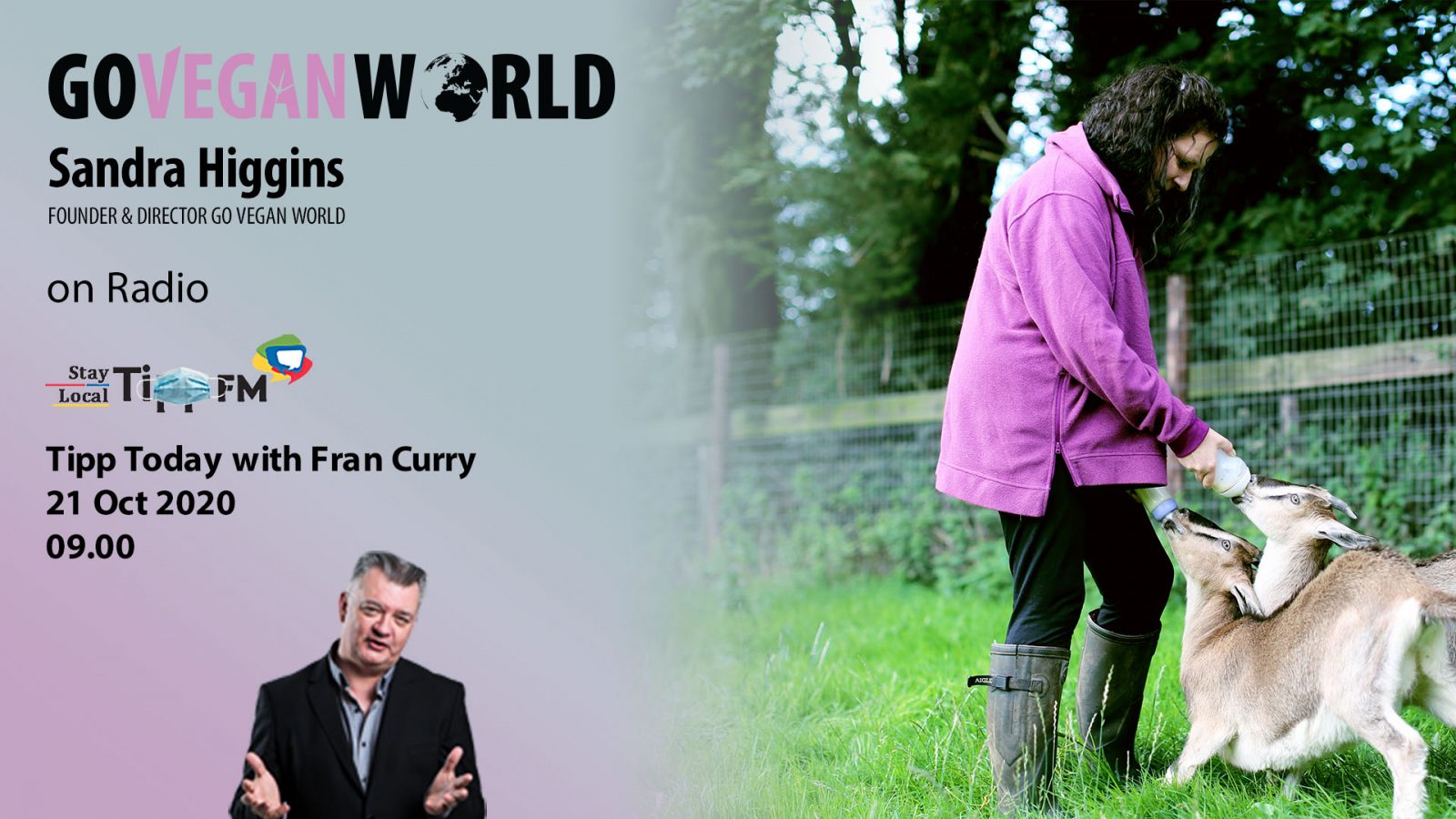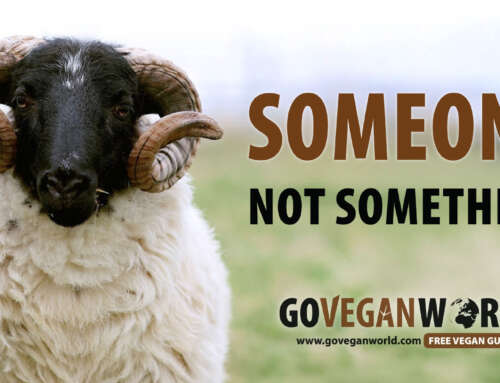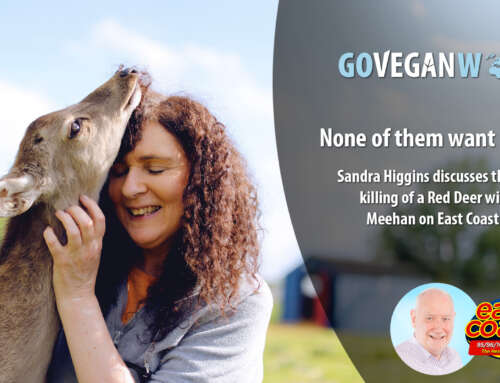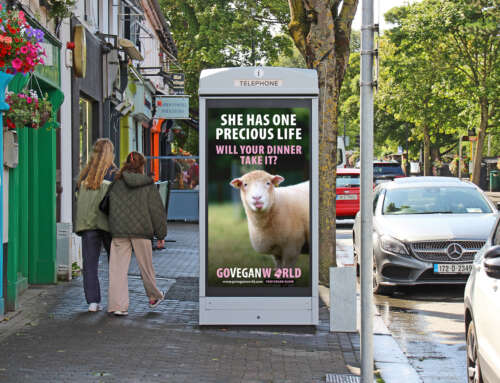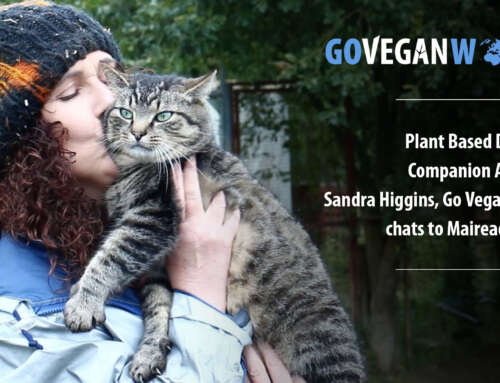The animal agriculture industry is proposing a ban on the use of terms such as burger, steak, milk, cheese-like, yoghurt-like, etc to describe plant based analogues.
IFA President, Tim Cullinan supports the ban which has been proposed as a reaction by the animal agriculture industry to the rapid growth in the demand for plant based foods by vegans and others who consume a plant diet.
Tipp FM interviewed Tim Cullinan, IFA and Sandra Higgins, Go Vegan World, who opposes the ban.
Tim Cullinan attempted to justify the exploitation and killing of other animals for profit by referring to the length of time that farmers have been engaged in animal agriculture. He claimed that the farming industry has a monopoly on the use of these terms. Higgins argued that meat and dairy analogues have existed for more than two thousand years dating to the Chinese use of mock meat made from wheat gluten and tofu. She pointed out that plant milks have been recognised in cultures around the world for centuries.
Higgins pointed out that the proposed ban contradicts current advice to omit animal products from our diets in order to help avoid climate catastrophe and the complete collapsed of the ecosystem that we depend on to produce food. She noted that it is not the plant based food system that is the enemy of farmers: on the contrary, this is the future of food production and it guarantees an ethical and sustainable income for farmers. It is the very method of food production that they are promoting – animal products – that is the greatest threat to their future. Animal agriculture plays a very significant role in climate change and environmental destruction and we are facing a future where it will be impossible to produce food if we do not take action now.
Higgins also noted that the current pandemic has resulted from our inappropriate and unjust exploitation and consumption of other animals. She noted that every effort should be made to support people to go vegan and consume a plant based diet and that the proposed ban violates the rights of consumers to easily access information on plant foods that are healthy and environmentally sustainable.
You can listen to the interview here.

